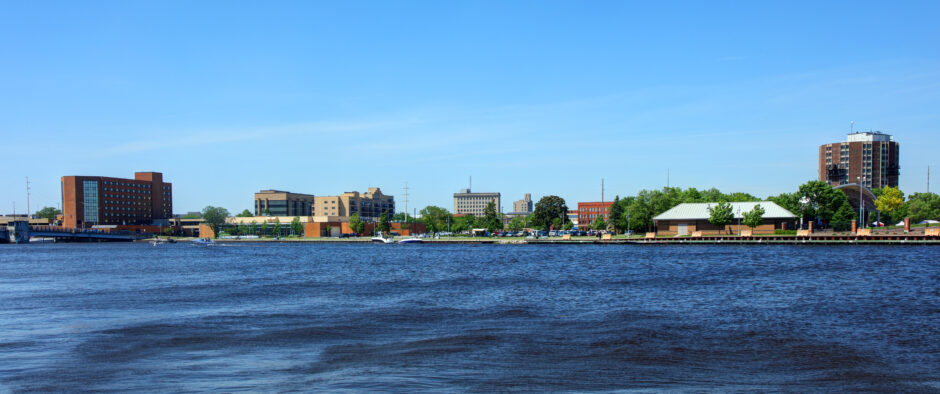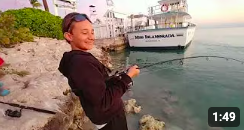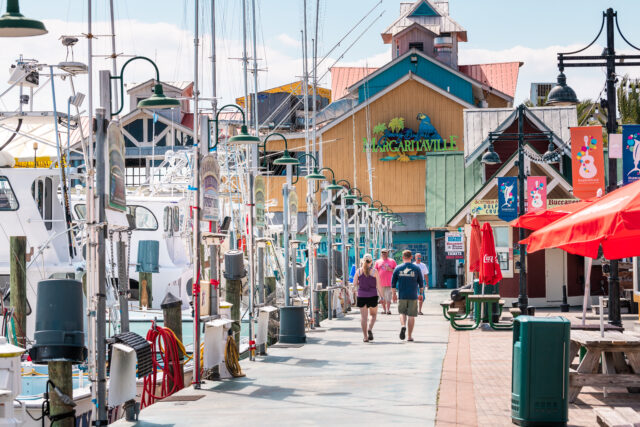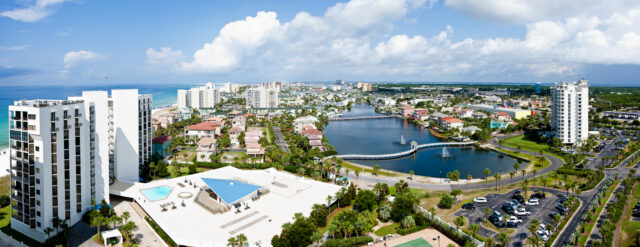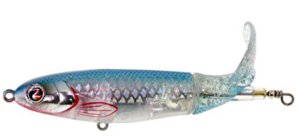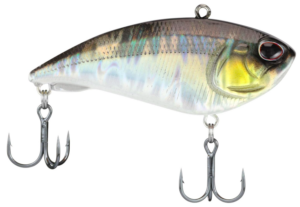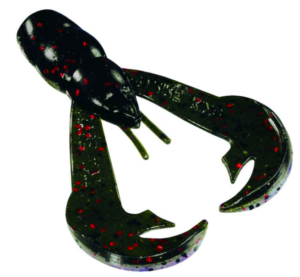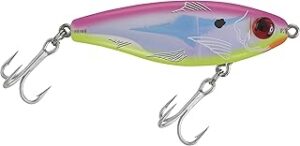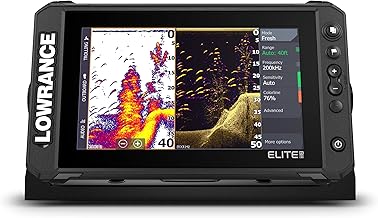
Green Lake is a very large, deep lake that covers 7,346 acres with 75% of the lake deeper than 20 feet and a maximum depth of 236 feet. Green Lake is a beautiful town with a lot to offer the entire family. Experience the shopping, dining, outdoor recreation, or just relax around the lake. Green Lake is known for being a crowd-free, accessible lake.
The lake supports a healthy population of northern pike, smallmouth bass, trout, channel catfish and panfish. Walleye and largemouth bass are also present.
Primary Species of Fish
Green Lake offers anglers some good smallmouth bass fishing. The clear, deep water can make fishing tough at times, but there are good numbers of fish in this lake. You can usually find smallmouth bass in slightly deeper water than largemouth bass. Expect to find some smallmouth bass around rocky and gravel areas, on the edge of drop-offs and along deep water weed lines. At times, lake trout may be the best fish to target on Green Lake. Besides a couple of weeks in the spring when you can find lake trout in shallower water, expect to be fishing for lake trout in water as deep as 100 feet. Vertical jigging and trolling are the keys to catching lake trout on Green Lake.
Secondary Species of Fish
Largemouth Bass, Northern Pike, Walleye, Muskie, Perch, Crappie, Bluegill & Catfish
Fishing for catfish on Green Lake can be very good. While there are some flathead and blue catfish in the lake, channel catfish are the bread and butter of catfish anglers on Green Lake. All of the typical catfish baits will work here. Chicken liver, cut bait, live minnows and chubs will work. Don’t rule out fishing for suspended catfish on Green Lake. Most catfish anglers only fish for catfish on the bottom, but catfish will school up and suspend just off the bottom. Green Lake has a decent population of muskie and some grow very big here. Because of the deep water, many of the better muskie anglers choose to troll for them instead of casting. Green Lake is known for having big northern pike in it, although, there aren’t huge numbers of them and they can be tough to catch because of the deep, clear water. Green Lake has some quality largemouth bass, however, you aren’t going to find tons of these fish in the lake. Green Lake is known for producing some quality walleye in the 5 to 6 pound range, but it can be an extemely difficult bite on this lake. Trolling and vertical jigging are the 2 most common ways to fish, but your best bet may come from trolling crankbaits in deeper water.
Lake Trout
At times, lake trout may be the best fish to target on Green Lake. Besides a couple of weeks in the spring when you can find lake trout in shallower water, expect to be fishing for lake trout in water as deep as 100 feet. Vertical jigging and trolling are the keys to catching lake trout on Green Lake. Summer and fall can be very good for catching some of the deep water fish if you can find them.
Largemouth Bass
Green Lake has some quality largemouth bass, however, you aren’t going to find tons of these fish in the lake. There are a lot more smallmouth bass available in Green Lake. You can find some quality largemouth bass in the 3 to 5 pound range. Largemouth bass will always seem to be a little shallower than the smallmouth bass. Expect to find largemouth bass around the docks, especially in the spring and fall. Deeper weeds are the key to catching bigger bass in the summer time, although, the docks will always hold some fish.
Muskie
Green Lake has a decent population of muskie and some grow very big here. Because of the deep water, many of the better muskie anglers choose to troll for them instead of casting. Trolling over deep weed lines are your best bet and they will be active from spring through fall. Once summer rolls around, don’t be afraid to fish deeper water. It is not uncommon to pull muskie out of 30 to 50 feet of water, although, they may be suspended anywhere from 20 to 40 feet down.
Northern Pike
Green Lake is known for having big northern pike in it, although, there aren’t huge numbers of them and they can be tough to catch because of the deep, clear water. Fish the deep water weedlines and make sure to use your electronics if you are going to be targeting pike. If you can find these fish with your electronics, try throwing live bait rigs using chubs and suckers. Lures will also work, but dropping a live bait rig 25 to 30 feet down can be the easiest way to catch a pike here. Northern pike over 10 pounds are not uncommon. Just don’t expect to get many bites. The bites you do get will be worth the wait. Make sure to follow the weed growth in this lake. As the weeds grow from spring through fall, northern pike will move accordingly. There will always be some form of bait fish for pike to eat along the weed lines.
Smallmouth Bass
Green Lake offers anglers some good smallmouth bass fishing. The clear, deep water can make fishing tough at times, but there are good numbers of fish in this lake. You can usually find smallmouth bass in slightly deeper water than largemouth bass. Expect to find some smallmouth bass around rocky and gravel areas, on the edge of dropoffs and along deep water weed lines.
Walleye
Green Lake is known for producing some quality walleye in the 5 to 6 pound range, but it can be an extemely difficult bite on this lake. Trolling and vertical jigging are the 2 most common ways to fish, but your best bet may come from trolling crankbaits in deeper water. Fishing early morning and late evenings are key for catching walleye from spring through fall. Don’t expect many bites, but the bites are usually good ones when you get one from a walleye.
Catfish
Fishing for catfish on Green Lake can be very good. While there are some flathead and blue catfish in the lake, channel catfish are the bread and butter of catfish anglers on Green Lake. All of the typical catfish baits will work here. Chicken liver, cut bait, live minnows and chubs will work. Don’t rule out fishing for suspended catfish on Green Lake. Most catfish anglers only fish for catfish on the bottom, but catfish will school up and suspend just off the bottom. The catfish bite picks up as the water starts to warm in the late spring and they bite well through the early parts of fall.
